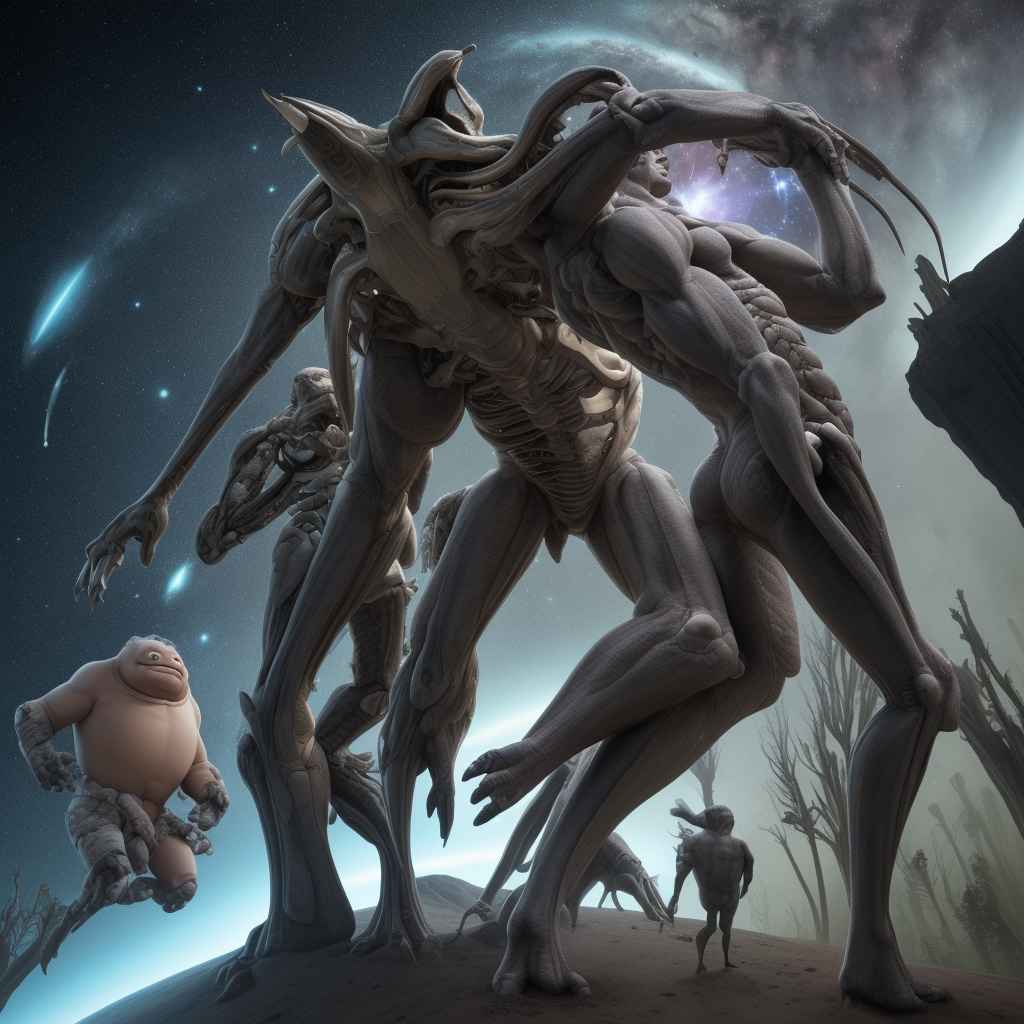
The Crisis of Converging Incompatibilities
Humanity's Real Problem: Accelerating Evolutionary Mismatch
As the world grapples with the complexities of modern life, a growing number of experts are sounding the alarm on a fundamental issue that threatens our collective well-being: the accelerating mismatch between our evolutionary heritage and the demands of the modern world.
In an era where technology and innovation are advancing at an unprecedented pace, humans are struggling to keep up. Our brains, shaped by millions of years of evolution, are ill-equipped to handle the constant barrage of information, the rapid pace of change, and the ever-present pressure to perform.
This mismatch is having far-reaching consequences, from the rise of anxiety and depression to the decline of attention spans and the erosion of empathy. The consequences are stark: our bodies are designed for a world where we had to worry about saber-toothed tigers and finding food, not navigating social media and managing 100-plus emails a day.
The problem, according to experts, is not just that our brains are not designed for the demands of the modern world, but that our brains are also not designed to adapt to these demands. Evolutionary theory suggests that our brains have a limited capacity to change, and that we are stuck with the cognitive biases and emotional responses that served us well in the past.
The implications are profound. As we continue to accelerate our pace of life, we are creating a perfect storm of stress, anxiety, and burnout. The constant pressure to perform, the fear of missing out (FOMO), and the need for constant validation are all symptoms of a system that is fundamentally out of sync with our evolutionary heritage.
So, what can we do to mitigate this mismatch? Experts suggest that we need to find ways to slow down, to disconnect from the constant stream of information, and to reconnect with our bodies and our emotions. This may involve adopting practices such as meditation, mindfulness, and self-compassion, and finding ways to prioritize our well-being in a world that often values productivity and efficiency above all else.
The stakes are high, but the solution is not. By acknowledging the accelerating mismatch between our evolutionary heritage and the demands of the modern world, we can begin to take steps to create a more sustainable, more compassionate, and more fulfilling way of living. It's time to recognize that our brains are not designed for the 21st century, and to find ways to adapt and thrive in a world that is fundamentally out of sync with our evolutionary heritage.